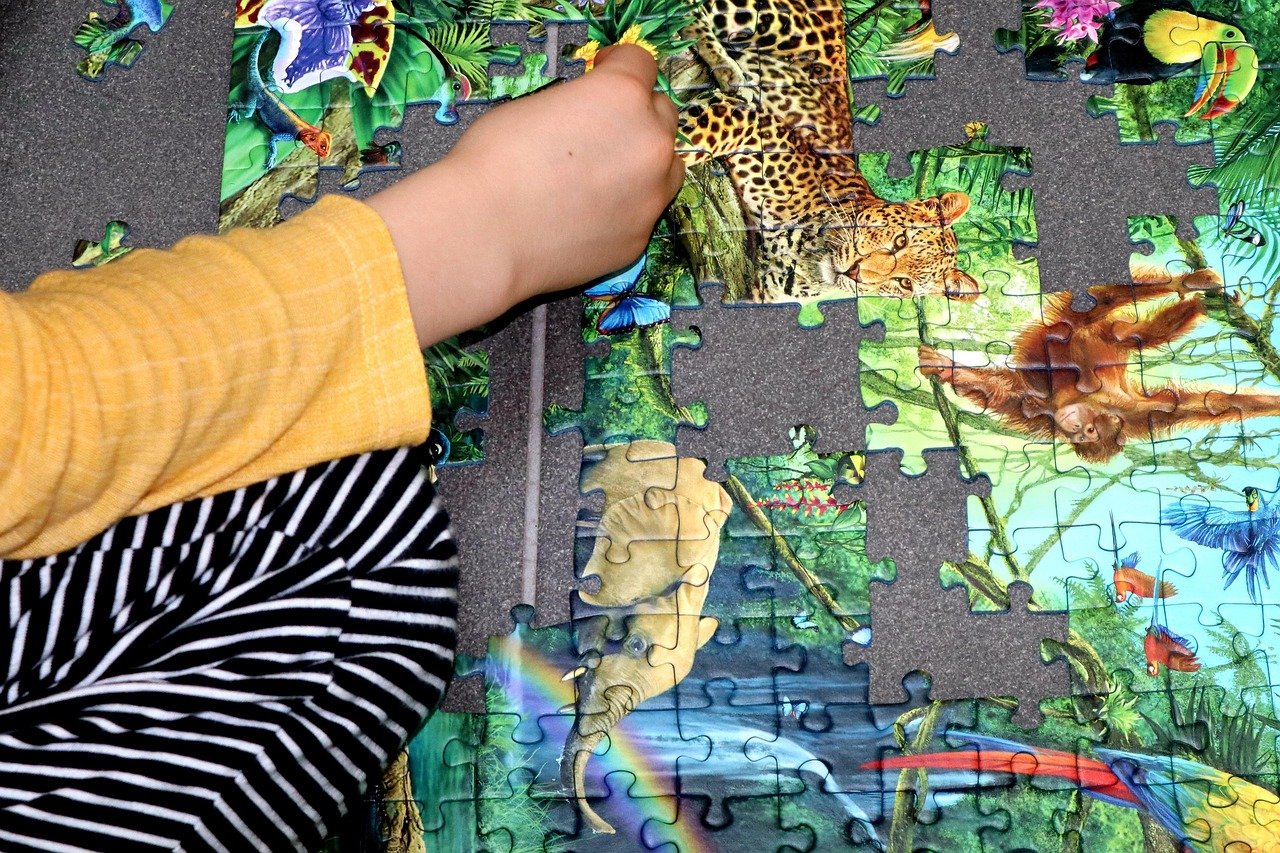Talk shows have been a staple of television and radio programming for decades, evolving from simple interview formats to elaborate productions featuring celebrity guests, musical performances, and audience participation. They offer a unique blend of entertainment, information, and social commentary, providing a platform for diverse voices and perspectives to reach a wide audience. Whether you’re a long-time fan or new to the world of talk shows, understanding their evolution, different types, and impact can enrich your viewing experience.
The Evolution of Talk Shows
From Radio to Television: A Historical Overview
Talk shows began as radio programs, featuring hosts interviewing guests and engaging in light conversation. With the advent of television, these shows transitioned to a visual medium, adding elements of performance and spectacle. Early television talk shows, such as The Tonight Show hosted by Steve Allen, laid the groundwork for the formats we recognize today.
- Radio Origins: Focused primarily on audio, relying on the host’s charisma and the guest’s storytelling ability.
- Early Television: Added visual appeal with studio sets, celebrity appearances, and live performances.
- Key Pioneers: Steve Allen, Jack Paar, and Johnny Carson shaped the late-night talk show format.
The Rise of Different Formats
As talk shows evolved, different formats emerged to cater to various audiences and interests. These formats include:
- Late-Night Talk Shows: Typically feature a monologue, celebrity interviews, musical performances, and comedic segments. Examples include The Tonight Show Starring Jimmy Fallon, The Late Show with Stephen Colbert, and Jimmy Kimmel Live!
- Daytime Talk Shows: Often focus on lifestyle topics, current events, and personal stories. Examples include The View, The Talk, and Live with Kelly and Mark.
- Political Talk Shows: Dedicated to discussing political issues, often featuring debates and interviews with politicians and pundits. Examples include Meet the Press, Face the Nation, and Real Time with Bill Maher.
- Syndicated Talk Shows: Broadcast on various local stations, allowing for broader distribution. Examples include The Ellen DeGeneres Show (ended in 2022), Dr. Phil, and The Kelly Clarkson Show.
Key Elements of a Successful Talk Show
The Host: The Heart of the Show
The host is arguably the most crucial element of a talk show. Their personality, charisma, and ability to connect with guests and the audience are essential for success.
- Charisma and Personality: A likable and engaging host can attract and retain viewers.
- Interviewing Skills: The ability to ask insightful questions and elicit interesting responses from guests.
- Comedic Timing: A good sense of humor can enhance the entertainment value of the show.
- Authenticity: Being genuine and relatable can build trust with the audience.
The Guests: Diversity and Intrigue
The selection of guests is another critical factor. A diverse lineup of celebrities, experts, and interesting individuals can keep the show fresh and appealing.
- Celebrity Guests: Attract viewers and generate buzz.
- Experts and Professionals: Provide valuable information and insights on various topics.
- Ordinary People with Extraordinary Stories: Offer relatable and inspiring content.
- Controversial Figures: Can spark debate and discussion, but must be handled carefully.
The Format: Structure and Innovation
The format of a talk show should be well-structured and engaging. It should also be adaptable to accommodate different types of guests and topics.
- Opening Monologue: A humorous commentary on current events that sets the tone for the show.
- Guest Interviews: The main focus of the show, allowing guests to share their stories and insights.
- Musical Performances: Add entertainment value and showcase musical talent.
- Comedy Segments and Games: Break up the interview format and provide lighthearted moments.
- Audience Interaction: Engaging the audience can create a more participatory and dynamic experience.
The Impact of Talk Shows on Culture and Society
Shaping Public Opinion
Talk shows have a significant influence on public opinion. They provide a platform for discussing important issues and shaping public discourse.
- Raising Awareness: Talk shows can bring attention to important social and political issues.
- Influencing Attitudes: They can shape viewers’ attitudes towards various topics and individuals.
- Promoting Dialogue: Talk shows can facilitate discussions and debates on controversial issues.
- Example: Oprah Winfrey’s talk show often tackled sensitive social issues, contributing to national conversations about topics such as abuse, health, and inequality.
Celebrity Culture and Promotion
Talk shows play a vital role in promoting celebrities and their projects. They provide a platform for actors, musicians, and other public figures to connect with their fans and promote their work.
- Promoting Films, Music, and Books: Celebrities use talk show appearances to promote their latest projects.
- Building Personal Brands: Talk shows allow celebrities to showcase their personalities and connect with audiences on a personal level.
- Creating Memorable Moments: Talk show appearances can create viral moments that boost a celebrity’s profile.
The Digital Age and Talk Show Evolution
The digital age has significantly impacted the talk show landscape. Many talk shows now have a strong online presence, using social media and streaming platforms to reach a wider audience.
- Social Media Integration: Talk shows use social media to engage with viewers, promote segments, and share behind-the-scenes content.
- Online Streaming: Many talk shows are available on streaming platforms, allowing viewers to watch them on demand.
- YouTube and Digital Content: Talk shows often create exclusive digital content for YouTube and other platforms, expanding their reach and engaging with a younger audience.
- Podcasts: Many talk show hosts have ventured into podcasting, creating a more intimate and conversational format. Example: Conan O’Brien Needs a Friend.
Challenges and Future Trends
Competition in the Media Landscape
Talk shows face increasing competition from other forms of media, including streaming services, social media, and online content creators.
- Streaming Services: Offer a wide range of entertainment options that compete with talk shows for viewers’ attention.
- Social Media: Provides alternative platforms for celebrities and influencers to connect with their fans.
- Online Content Creators: Creating niche content that caters to specific interests, attracting viewers away from traditional talk shows.
Adapting to Changing Audience Preferences
To remain relevant, talk shows must adapt to changing audience preferences. This includes embracing new technologies, incorporating diverse perspectives, and addressing relevant social issues.
- Diversity and Inclusion: Audiences are increasingly demanding diverse representation in media.
- Authenticity and Transparency: Viewers value authenticity and transparency from hosts and guests.
- Interactive Elements: Incorporating interactive elements, such as live polls and Q&A sessions, can enhance audience engagement.
- Focus on Positivity: While discussing important issues is necessary, audiences also appreciate shows that offer hope and inspiration.
The Future of Talk Shows
The future of talk shows is likely to involve further integration with digital platforms, greater emphasis on audience engagement, and a focus on diverse voices and perspectives.
- Virtual Reality and Augmented Reality: Could offer new ways to experience talk shows.
- AI-Powered Content Creation: Could assist with generating content and tailoring it to individual viewers.
- Global Reach: Talk shows could increasingly target international audiences through streaming and social media.
Conclusion
Talk shows have evolved significantly since their radio beginnings, adapting to changing cultural trends and technological advancements. From late-night entertainment to daytime discussions and political debates, they serve as a vital source of information, entertainment, and social commentary. By understanding their history, key elements, and impact, viewers can appreciate the unique role talk shows play in shaping our culture and society. As the media landscape continues to evolve, talk shows must adapt to remain relevant, embracing new technologies and catering to changing audience preferences. The future of talk shows is bright, with opportunities to engage with audiences in innovative ways and amplify diverse voices on a global scale.


